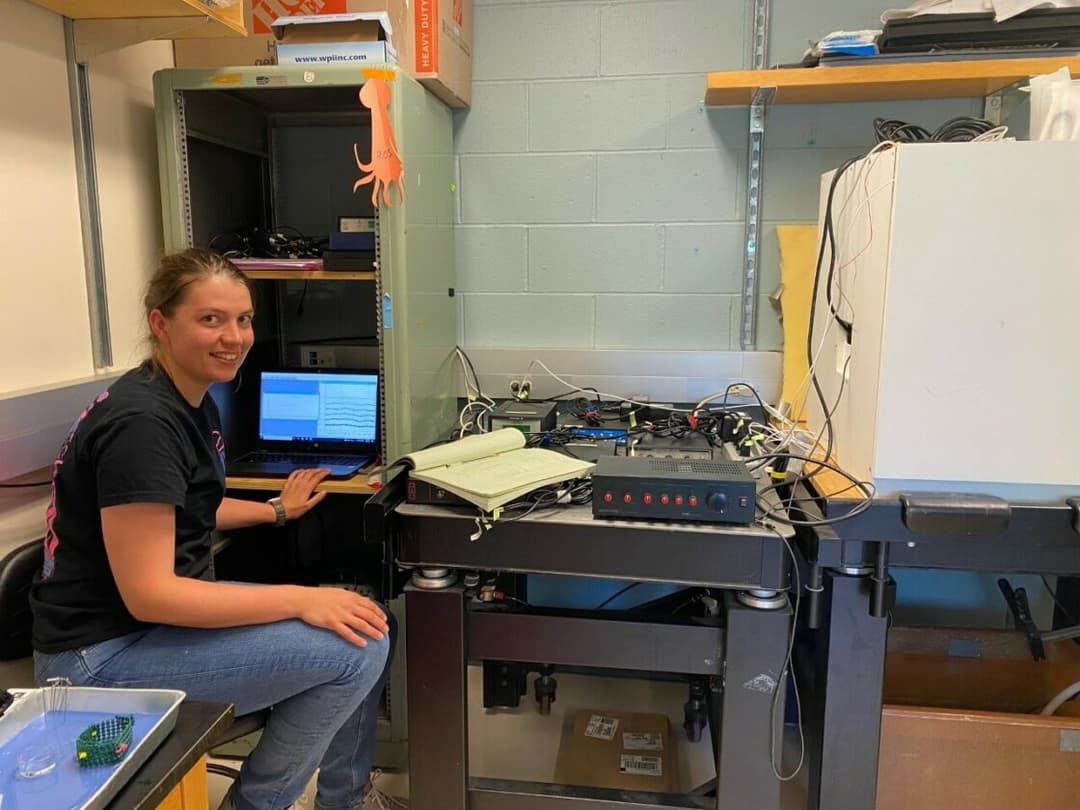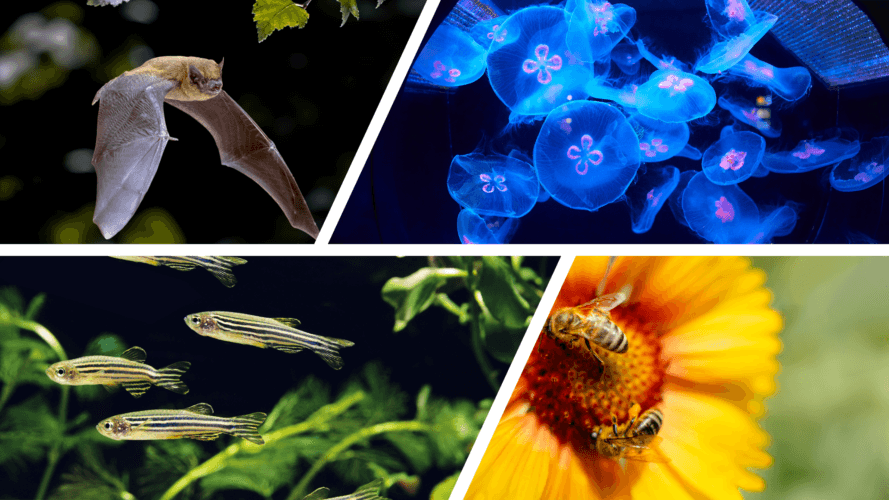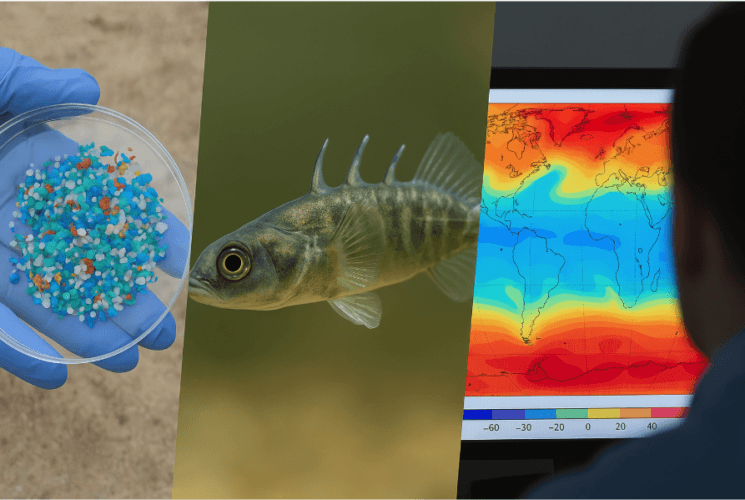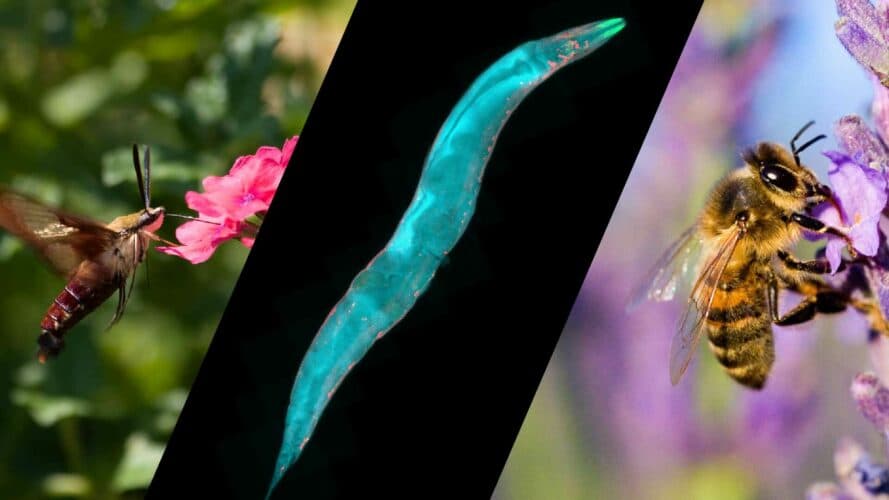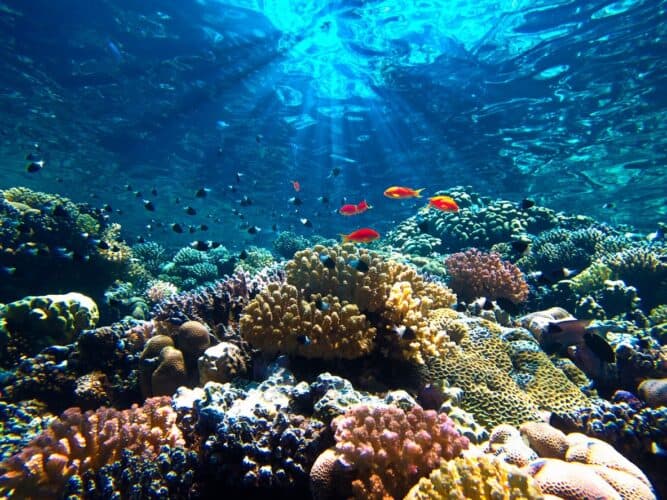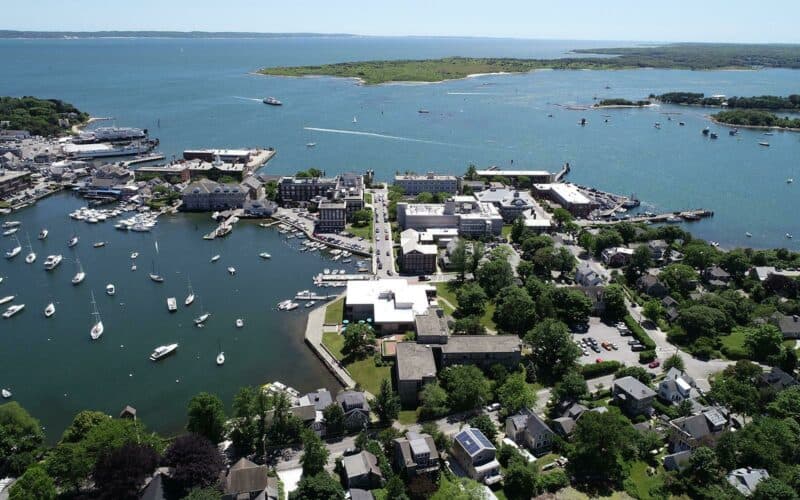
Neurobiology and Changing Ecosystems
Exploring mechanisms underlying resilience of neural systems in the face of accelerated environmental change
Neural systems evolved over hundreds of millions of years to allow organisms to sense and respond to their environments – to be receptive and responsive, yet flexible. Recent rapid, human-generated environmental changes are testing the limits of the adaptive capacity of neural systems. This presents an opportunity and a need for interdisciplinary and transformative research to understand responses induced by pollution, habitat depletion, climate change, and other environmental perturbations.
The Kavli Foundation's Neurobiology and Changing Ecosystems program supports research investigating how neural processes – including molecular, cellular, and circuit-level mechanisms – are impacted by or resilient to changing environments. We believe this emerging scientific area is of great societal and scientific importance and will provide a unique opportunity to re-examine our understanding of neural adaptation and the mechanisms underlying neural resilience.
News
Explore the latest news, events, and discoveries from our Neurobiology and Changing Ecosystems program.
See all newsAn initiative to explore how nervous systems function and evolve in dynamic natural environments
Sep 03, 2025
The Kavli Foundation supports inaugural Scialog®: Neurobiology and Changing Ecosystems Awards
Jun 11, 2025
Neuroscience
The Kavli Foundation and Society for Neuroscience partner on Neurobiology and Changing Ecosystems training series
Dec 16, 2024
First awardees announced
Oct 02, 2024
Scientists are beginning to unravel the impact of anthropogenic change on the neural systems of species as diverse as fish, honeybees, and ground squirrels.
Jun 04, 2024
Neuroscience
Jan 24, 2024
Neuroscience Science Spotlights
Neurobiology and Changing Ecosystems Kavli Exploration Awards
Nov 11, 2023
Neuroscience
The Kavli Foundation launches a new initiative to explore how neural systems adapt to changing environments
Aug 28, 2023
Neuroscience
In partnership with The Grass Foundation, The Kavli Foundation supports early career scientists’ inquiry into neurobiology and changing ecosystems
Jun 16, 2023

